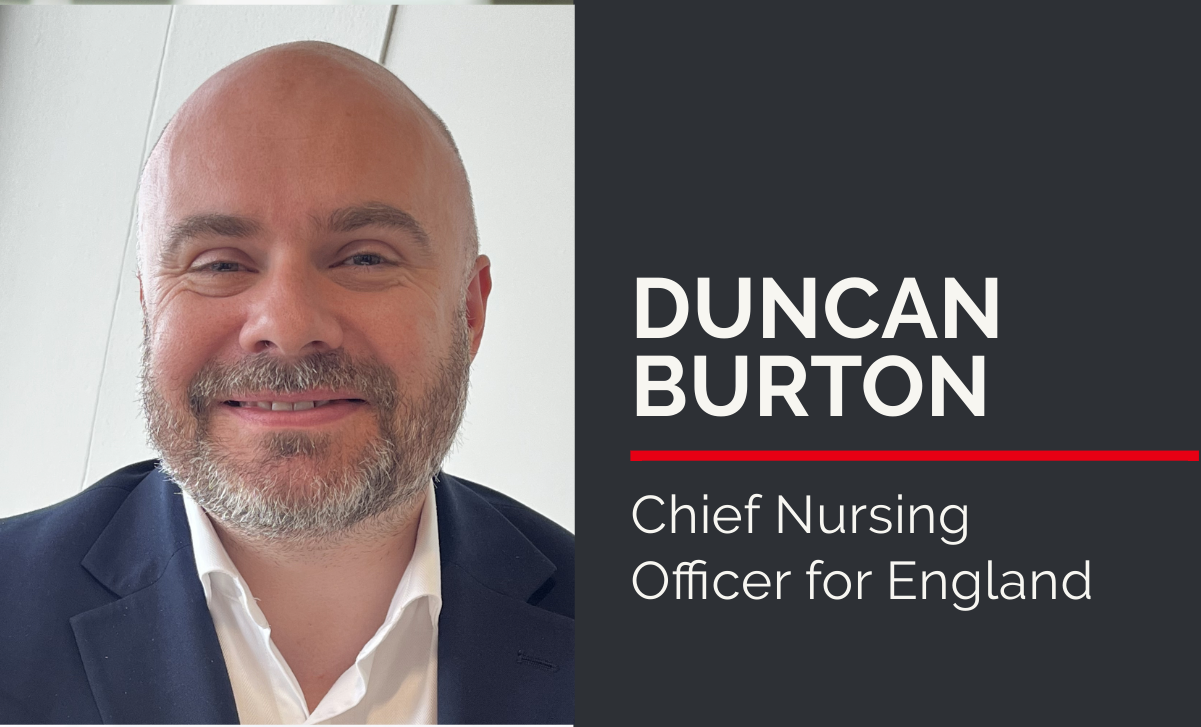Careful and cautious progress on Electronic Prescriptions
- 22 May 2007
 Careful and cautious are the watchwords in Connecting for Health’s (CfH) plans for deployment of the Electronic Prescription Service (EPS).
Careful and cautious are the watchwords in Connecting for Health’s (CfH) plans for deployment of the Electronic Prescription Service (EPS).
No targets have been set for the roll-out of the full service, which is being handled in two releases. Release 1 is already in place and release 2 is due later this year. But in a key change plans to populate the national patient summary care record with data from the EPS have been put on hold for the forseeable future.
Having said that the project is clearly gathering pace with almost 10% of prescription messages now sent through the EPS and software installed in around 50% of practices and 42% of pharmacies.
Tim Donohoe, CfH’s group programme director for the EPS, believes it is a project which will deliver.
He says: “It has always been a robust and fit for purpose system and the amount of effort we have put in to heavily engaging users will start to pay off as the system rolls out into daily working life.”
The reason for the softly, softly approach, on what is one of CfH’s least controversial projects, is that the system will only work to maximum effect if it carries all GP practices and pharmacists with it.
For instance although 10% of prescription messages a day are being sent through the EPS, only 2% of those are being dispensed via the EPS.
Donohoe says the problem is that although around one in four practices are now sending bar-coded prescriptions the pharmacies receiving them may not be enabled for EPS although he says increasing volumes of dispensing messages are going through. About 42% of pharmacies are currently enabled but that figure is biased heavily towards the major multiple pharmacies with smaller pharmacies seemingly less willing or able to take part.
This brings CfH to its second problem which is to ensure that a level playing field is maintained for pharmacy contractors as release two is rolled out. Release two will enable patients to nominate a pharmacy and will enable practices to introduce repeat dispensing.
Donohoe says: “We have a number of principles about moving into release two. One of them is to make sure that for pharmacy the transition maintains a level playing field and doesn’t artificially skew the contractor arrangements.”
As a result Donohoe is encouraging pharmacy contractors to press their suppliers for a delivery date. He also argues that pharmacies would benefit from getting used to the system with release one.
Donohoe says that, for release one, there has been some disparity between the speed at which GP system suppliers and pharmacy suppliers have acted on CfH requirements. However eight out of 11 pharmacy system suppliers have now been granted authority to roll-out their systems.
He adds: “GP suppliers tended to be a little bit faster in getting software compliant and getting it out there. Pharmacy system suppliers have not been challenged in the same way before and it may be that some of them are not yet that adept at tackling a large scale national deployment.”
The result is that CfH expects that by around the middle of October every GP practice should be enabled with the software. At the GP end primary care trusts (PCTs) need to commission the software into live operation before practices can start to send electronic prescription messages, This has meant around half the 50% of practices with the software are operational so far but again Donohoe says that most PCTs are engaged with the process and he predicts a stead flow of practices will become operational.
He adds: “Things have accelerated over the last couple of months and on the GP practice side we are seeing about 250 practices a week enabled with the software. There is an increase of technically enabled practices waiting to become operational so we won’t see increased volume of prescriptions for a few weeks.”
Once operational Donohoe says GP practices are using the system consistently although there is the option not to use the EPS, for instance if prescriptions are to be dispensed in one of the other home countries.
Donohoe adds: “We are grateful to GPs for helping us to see how it operates at high volumes. It gives us the confidence that when we start to move into release two and it becomes mission critical it’s something that we have seen live and operational and working.”
The major benefits will be delivered in release two when the advent of digital signatures on prescriptions should save a lot of time for practices while repeat dispensing will cut the number of patient visits to the surgery. Prescribers will also be able to cancel prescriptions in release two at any point before the prescription is downloaded from the Spine by the dispenser. Electronic reimbursement for pharmacists will also be introduced.
CfH has already held a launch day with suppliers for the launch of the release two specification and is now running a series of workshops with suppliers and agreeing on development and deployment plans for release two.
Donohoe says he hopes to get the initial implementer sites up and running in the autumn with suppliers becoming compliant for release two in the last quarter of this calendar year followed by rollout as soon as possible after that.
“We are very much in the hands of suppliers and what they think is possible,” he says.
Once that is achieved the CfH project team will look at how the EPS can be extended to all prescribing and dispensing of FP10s, for instance, in walk-in centres.
Donohoe says a separate project is dedicated to what is beyond release two including linking SMS notifications to the EPS, links with Healthspace and possible links with the Care Records Service
For the moment though the project is focused on seeing complete rollout of release one and two.
Donohoe adds: “We are trying not to overstate what will happen but after lengthy and detailed discussions with GPs we have a fairly high degree of confidence most people will find this service beneficial.”




